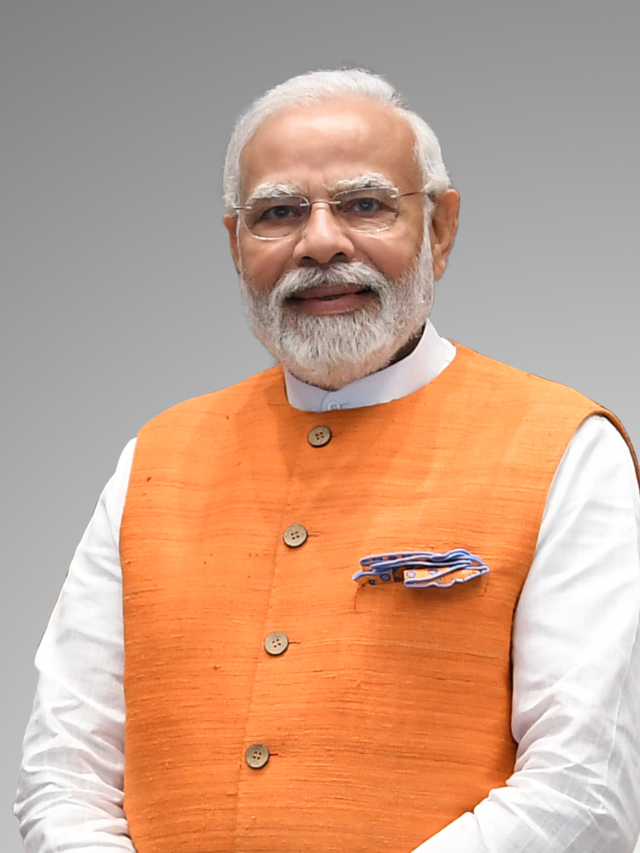The legal landscape of India has been stirred once again as the Supreme Court delves into a pivotal discourse surrounding Article 35A. As an integral component of the Indian Constitution’s Article 370, Article 35A holds significant ramifications for the special status of Jammu and Kashmir. This article, which accords the Jammu and Kashmir state legislature the authority to define “permanent residents” and grant them exclusive rights, is now under critical scrutiny in the highest court of the land. The hearings have sparked intense discussions and debates about its constitutionality, necessity, and potential consequences.

Read more – The Ascent of Blockchain: Changing Enterprises Past Digital Currency
The Genesis of Article 35A
Article 35A was introduced through a Presidential Order in 1954, as an outcome of the Delhi Agreement between the then Prime Minister Jawaharlal Nehru and the then Jammu and Kashmir Prime Minister Sheikh Abdullah. Its inception was intertwined with the special autonomy granted to Jammu and Kashmir under Article 370. This article confers the state’s legislature the power to define permanent residents, grant them certain privileges, and restrict non-residents from acquiring property and seeking government employment in the region.

Read more – Key Components of a Solid Strategy
Read more – 10 Lucrative Small Business Ideas in India with Low Investment
Critical Scrutiny in the Supreme Court
The recent hearings before the Supreme Court have opened up a significant legal debate about the validity and implications of Article 35A. A multitude of arguments have emerged from various quarters, making the case a complex and contentious issue. Those in favor of retaining the article argue that it safeguards the distinct identity of the region, protects the rights of its residents, and preserves the cultural fabric of Jammu and Kashmir.
However, critics assert that Article 35A perpetuates discrimination by denying outsiders the same rights and opportunities enjoyed by permanent residents. This dichotomy raises questions about the article’s compatibility with the fundamental principles of equality enshrined in the Indian Constitution. The scrutiny has brought to the forefront concerns about social justice, economic growth, and the notion of a unified nation.
Balancing Autonomy and Integration
The deliberations surrounding Article 35A touch upon a larger debate about the delicate balance between granting special autonomy to certain regions while preserving the integration of a diverse nation. While advocates argue that special provisions are essential to respect the cultural and historical uniqueness of Jammu and Kashmir, opponents emphasize the importance of harmonizing rights and opportunities for all citizens of India.
The Way Forward
The scrutiny of Article 35A by the Supreme Court resonates far beyond legal boundaries, delving into matters of belonging, nationality, and effective administration in a land that values its rich variety. As the judicial process advances, it remains imperative for invested parties to partake in insightful, knowledgeable, and courteous dialogues. Irrespective of the verdict, these hearings offer a chance to reassess the bedrock of the country’s harmonious coexistence and to cultivate a more profound grasp of the ideals steering our constitutional structure.
Conclusion
The unfolding deliberations over Article 35A within the Supreme Court encapsulate a pivotal juncture, urging reflection upon India’s legal and political tapestry. The discourse encompassing this constitutional provision surges beyond jurisprudence, delving into the core of India’s democratic ethos and communal concord. The forthcoming judgment holds the power to mold not solely Jammu and Kashmir’s distinct standing, but also the wider mold of India’s solidarity and multiplicity. Within a nation constructed upon a rich mosaic, the result of these hearings will underscore the capacity of a varied populace to traverse intricate quandaries while honoring divergent viewpoints.














